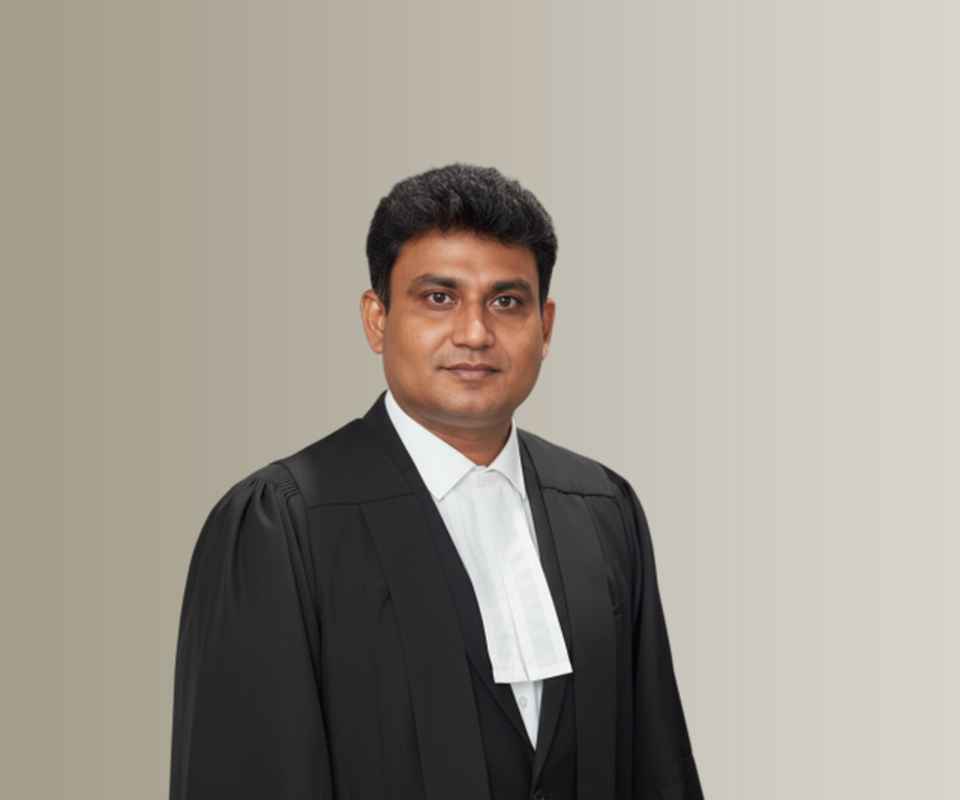Answer By law4u team
Under Muslim law, guardianship (known as Wilayat) refers to the legal authority and responsibility of an individual (a guardian) to care for and make decisions on behalf of a minor child or someone who is unable to manage their own affairs, typically due to age, mental incapacity, or other reasons. The concept of Wilayat is based on the principles of Islamic family law, and it ensures that the child's welfare is safeguarded, both in terms of personal care and legal decisions. Types of Guardianship (Wilayat) under Muslim Law: Guardianship of the Person (Wilayat al-Nafs): This form of guardianship pertains to the care and upbringing of the child, including their physical, emotional, and psychological well-being. It involves the responsibility to provide food, shelter, education, health care, and general nurturing. The guardian in this capacity ensures that the child is raised in accordance with Islamic values and teachings. It is primarily the mother's responsibility in the early years of the child's life (usually until the child reaches the age of seven), after which the father may take over or share this responsibility. Guardianship of Property (Wilayat al-Mal): This refers to the management and safeguarding of a minor's property and financial affairs. The guardian in this case is responsible for administering the child's assets, including money, property, and other valuables, in a manner that ensures the child's best interests. The guardian is expected to act in good faith, making decisions that protect and enhance the minor’s wealth. In many cases, a father or paternal grandfather is considered the primary guardian of property, but in their absence, other relatives may assume this role. Types of Guardians under Muslim Law: Natural Guardians: These are the closest relatives who automatically have the right to act as the guardian of a minor without the need for a formal appointment. Typically, the father is the primary guardian, followed by the paternal grandfather. For male children, the father has the right to guardianship. For female children, the mother has guardianship until a certain age (usually around 7 years). Testamentary Guardians: A father or mother can nominate a guardian in their will (if both parents are deceased or unable to fulfill their duties) to take care of their child’s interests. The testamentary guardian is generally given preference unless the court believes the appointment is not in the best interests of the child. Court-Appointed Guardians: If disputes arise, or if the natural guardians are deemed unfit, the court can appoint a guardian for the minor, who may be a relative, family friend, or a qualified individual with the ability to act in the child’s best interests. Father’s Role in Guardianship: In most cases, the father is recognized as the primary guardian of both the child’s person and property. The father’s authority over the child extends to making decisions regarding the child’s education, marriage (in some cases), and welfare. If the father is deceased, the paternal grandfather can take over the guardianship. If the father is alive but unable to fulfill his duties, such as in the case of incapacity, the guardianship can be transferred to the paternal grandfather or other relatives. Mother’s Role in Guardianship: The mother is usually the guardian for the physical and emotional care of the child, particularly in the child’s early years (up to 7 years old for boys and girls). After this age, the father or other male relatives may assume more responsibility. The mother, however, does not usually have control over the child's financial matters, as that responsibility is typically with the father or paternal grandfather. In the event of the mother's death or incapacity, the guardianship would typically be passed on to the father or paternal grandfather, or a testamentary guardian appointed by the deceased mother. Guardianship of a Female Minor: Under Muslim law, the father has the right to guardianship of a female child as well. However, in certain circumstances, such as if the child reaches a marriageable age, the guardian may need the approval of the court or the child’s consent for marriage. If the father is deceased, the paternal grandfather may act as the guardian, followed by other male relatives in the paternal line. In cases of separation or divorce, custody disputes may arise, and the mother can claim guardianship until the child reaches a certain age. Role of the Court: If there is a conflict regarding the guardianship of a minor or if the natural guardian is deemed unfit (e.g., due to misconduct, incapacity, or criminal behavior), the court can intervene to appoint a guardian that is in the best interests of the child. In Muslim law, the welfare of the child is always the paramount consideration, and the court may modify guardianship arrangements to ensure the child’s well-being. Termination or Change of Guardianship: Guardianship can be terminated or modified by the court if the guardian is found to be unfit, incapable of performing their duties, or if the circumstances surrounding the child’s welfare change. Guardianship rights may also change in cases of divorce or death of the parent. In such cases, the court will prioritize the welfare of the child and may alter the guardianship arrangements accordingly. Conclusion: In Muslim law, guardianship (Wilayat) is a legal duty and responsibility primarily given to the father, but it can also be extended to other male relatives like the paternal grandfather. The mother has guardianship over the child’s person, especially during the early years, but the father usually assumes authority over both the person and property. The welfare of the minor is the primary consideration, and the courts may intervene in cases where the natural guardians are unfit or unable to fulfill their duties.








